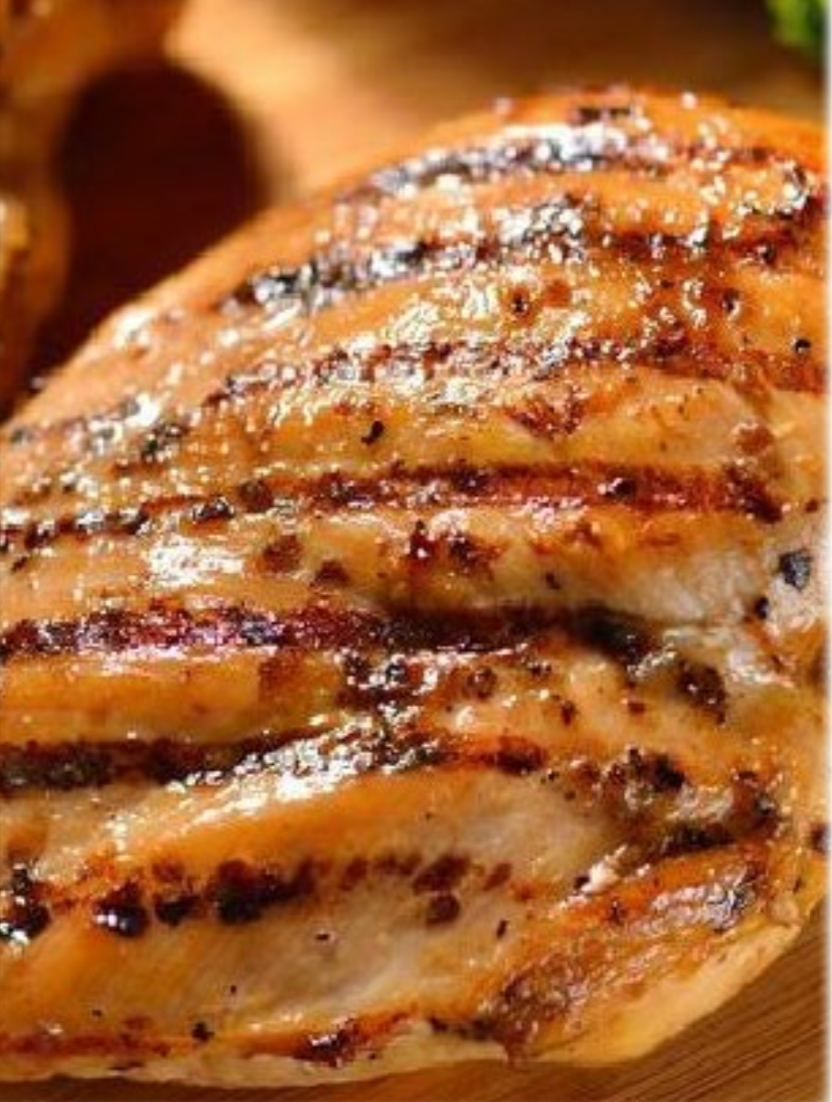THE VALUE OF SMOKE FLAVOURS
Why Smoke Flavours?
There are many benefits for transitioning to smoke flavouring. Due to the fact that tar has been removed,it is a healthier and cleaner option. Tar also causes messy particles which cling to the walls of machinery and facilities, floors, cracks and food products.
Better product quality and stability when using smoke flavouring is another advantage in addition to the possibility to dip or shower the food product to achieve the same smoky result. The smoking time can be reduced offering a higher yield.
Smoking, in food processing, is defined as the exposure of cured meat and fish products to smoke for the purpose of preserving and increasing the palatability by adding flavour and imparting a rich brown color. It is used as a preservation method with its drying action and the natural preservation properties created by wood smoke’s chemical composition.
Smoke particles vary in flavour based on the type of wood being burnt. Hickory is the most common wood used in smoking, with products labeled as “smoked” usually prepared with hickory. Hickory has a strong aroma and a not too bold flavour that finishes slightly sweet.
Mesquite, on the other hand, is bold and rich with a distinct ashy flavour associated with Southwest barbecued beef brisket and steaks.
Applewood has become one of the more called-out smokes on meat labels. Applewood produces a mild smoke with a hint of fruity sweetness which pairs well with white meats such as chicken and turkey, as well as fatty meats like bacon. Cherrywood is an amplified version of applewood.
Smoke flavourings where the preservative components in smoke have been isolated or upgraded will be in the next generation of smoke flavourings. By isolating preservative components in smoke, the shelf life of meat products can be significantly increased.
FSL’s partner, FlavourStream supplies specialized browning agents and smoke flavours for the meat, fish, spice blending and flavour industry.
Umami is known as the fifth taste. We say smoke is the sixth! Besides replacing traditional smoking methods and adding a rich smoky flavour to BBQ sauces, smoke type flavourings can be used as flavour enhancers in many formulations. Added in a certain low dosage these types of flavourings enhance the overall flavour profile of food products without adding a real smoky top-note. In tomato-based soups, a hint of smoke does miracles to boost the overall flavour.
The same umami-rich smoke flavour can also work very well in plant-based meat replacers.
FSL & FLAVOURSTREAM OFFER THE FOLLOWING RANGE FOR PLANT-BASED PRODUCT APPLICATIONS:
|
Product Name |
Flavour Profile |
Labelling |
|
Firestream Mushroom Powder |
Mushy, Earthy, Meaty, Smoky |
Traditional Smoked Mushroom Powder |
|
Firestream Sweet Smoke M |
Smoky, BBQ, Woody |
Traditional Smoked Organic Maltodextrin |
|
Firestream Sweet HW |
Subtle Smoke, Smoked Meat, Sweet, Woody |
Traditional Smoked Sugar |
|
Naturestream D95 |
Smoked Meat, Smoky, Slight Sweet |
Natural Flavour |
|
Smokestream D95 |
Smoky, BBQ, Woody |
Smoke Flavour |
Please contact us to discuss the solutions presented here. Our technical team at FSL can assist with a customized formulation specific to your brand.

